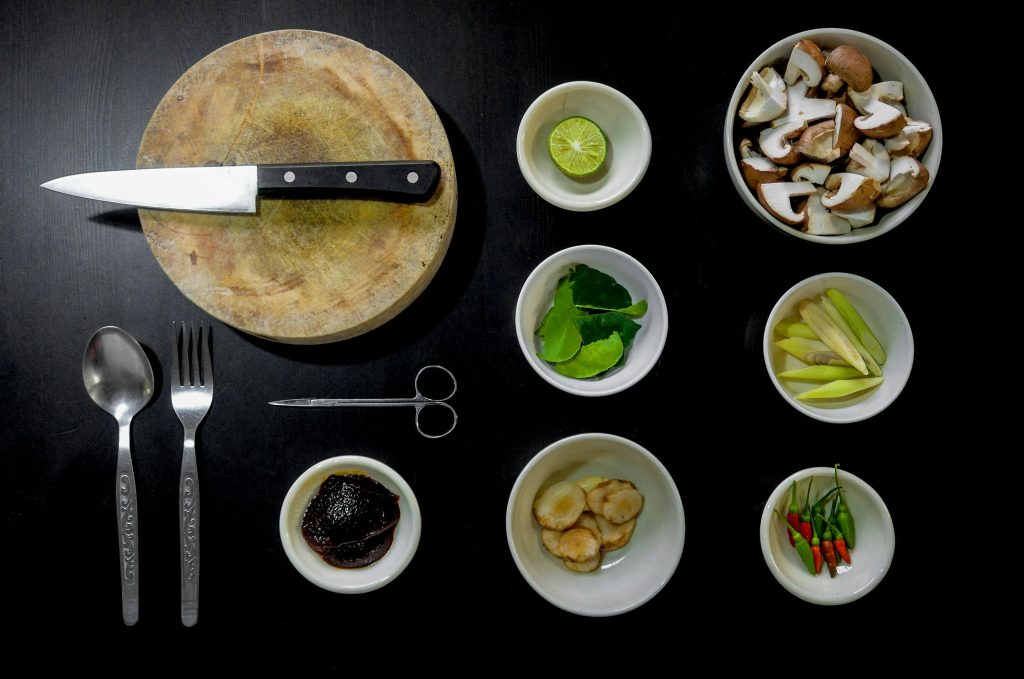How to Move Forward on Your Weight Loss Journey
Introduction
We all know the feeling — that sinking guilt after indulging in a dessert, skipping a workout, or stepping on the scale and not seeing the progress we hoped for. For many on the path to weight loss, guilt can feel like an inevitable part of the journey. But the truth is, guilt doesn’t have to define your experience. A setback is just a temporary pause, not a complete derailment. Learning how to move past guilt and refocus can make the difference between lasting change and abandoning your goals altogether. Succumb to guilt, that makes things only worse.
In this post, we’ll explore the psychological roots of guilt, how it sabotages progress, and, most importantly, how to shift your mindset to stay on track. Remember, setbacks are normal. They are part of the process, and how you handle them will ultimately shape your long-term success.

Understanding Guilt in Weight Loss
Why Do We Feel Guilty?
Guilt often stems from unrealistic expectations and perfectionism. When you embark on a weight loss journey, it’s tempting to envision flawless progress — hitting every workout, eating clean meals every day, and steadily dropping pounds. However, life rarely unfolds that way. Birthdays, holidays, and spontaneous cravings are part of being human. When we inevitably deviate from our plans, guilt rushes in, fueled by the belief that any deviation equals failure.
The Impact of Guilt on Weight Loss
Guilt can have profound effects, both emotionally and physically:
- Increased Stress: Guilt triggers stress, which can elevate cortisol levels and lead to weight retention or gain.
- Emotional Eating: For many, guilt creates a cycle of emotional eating — feeling bad about food choices leads to more eating, which leads to more guilt.
- Loss of Motivation: Persistent guilt can sap your motivation, making it easier to give up entirely.
Understanding these patterns is essential to break free from them. By addressing the root cause of guilt, you can adopt a healthier, more compassionate approach to your journey.

How to Overcome Guilt and Stay Focused
1. Reframe Your Thinking
Instead of viewing setbacks as failures, consider them learning opportunities. One indulgent meal or a missed workout doesn’t erase weeks of effort. Reflect on what led to the setback and how you can handle it differently next time. This shift in perspective reduces guilt and enhances resilience.
- Example: You overeat at a party. Instead of feeling guilty, ask yourself, “What can I do differently next time? Can I eat a healthy snack before the event to avoid overindulgence?”
2. Practice Self-Compassion
Would you criticize a friend for one mistake? Likely not. Treat yourself with the same kindness. Weight loss is challenging, and setbacks are part of the human experience. Acknowledge your effort and focus on progress, not perfection.
Action Step: Each time guilt creeps in, remind yourself of three positive steps you’ve taken recently.
3. Set Realistic Expectations
Unrealistic goals set you up for guilt. Instead of aiming for perfection, strive for consistency. Allow flexibility in your diet and exercise plan.
- Example: Plan for 80% healthy meals and 20% indulgence. This balance reduces guilt while allowing you to enjoy life.
4. Develop a Resilient Mindset
Resilience is about bouncing back after a setback. When you experience guilt, address it head-on and return to your routine as soon as possible. Don’t wait for “Monday” or the “first of the month” to start again. Every moment is an opportunity to make a better choice.
- Mantra: “Progress over perfection.”

5. Focus on Long-Term Goals
Weight loss isn’t about short-term fixes; it’s a long-term journey. View each day as one piece of the larger puzzle. Guilt over a single misstep fades when you focus on the bigger picture.
Visualization Technique: Picture your long-term goal and remind yourself that one choice will not determine the outcome.
6. Build a Support System
Having a support network can make a huge difference. Share your goals with friends, family, or a support group. When guilt surfaces, talk to someone who can offer perspective and encouragement.
Action Step: Find a weight loss buddy or join an online community.
7. Create Non-Food Rewards
Guilt often stems from associating food with reward or punishment. Shift this mindset by celebrating milestones with non-food-related rewards.
- Examples: New workout gear, a spa day, or a fun outing.

Techniques to Prevent Future Guilt
1. Plan for Indulgences
Incorporate planned indulgences into your routine. This proactive approach reduces the likelihood of spontaneous, guilt-inducing decisions.
- Tip: Schedule a “treat meal” once a week. Knowing you have this planned reduces cravings and guilt.
2. Keep a Journal
Tracking your thoughts, meals, and exercise helps you identify patterns and triggers. Reflecting on your progress reduces the emotional weight of setbacks.
3. Practice Mindful Eating
Mindful eating encourages awareness of hunger and fullness cues. By eating slowly and savoring each bite, you reduce the risk of overeating and subsequent guilt.
- Technique: Before eating, take three deep breaths and express gratitude for your meal.
4. Focus on Strength, Not Just Weight
Shift your goals from purely weight-based to strength, endurance, and overall health. This holistic approach reduces the pressure that often leads to guilt.
- Goal Example: “I want to feel stronger and have more energy,” rather than “I need to lose 10 pounds.”

Moving Forward with Confidence
Remember, weight loss is not linear. There will be highs and lows, and that’s perfectly normal. Guilt serves no constructive purpose. Instead, approach your journey with curiosity, self-compassion, and the determination to keep moving forward.
Key Takeaway: One setback does not define you. What you do next does.
By embracing this mindset, you’ll not only shed pounds but also cultivate resilience, confidence, and lasting healthy habits.
Final Thoughts
Let go of guilt and focus on the long-term vision of your health and happiness. Weight loss is a marathon, not a sprint, and your success is measured by your ability to keep going, no matter how many times you stumble. Celebrate your victories, learn from your setbacks, and remember — every day is a new opportunity to make progress.

💬 Join the Bariradka Transformation Support group on Telegram!
Get exclusive tips, behind-the-scenes content, and chat directly with the author.
➤ Join the Community

